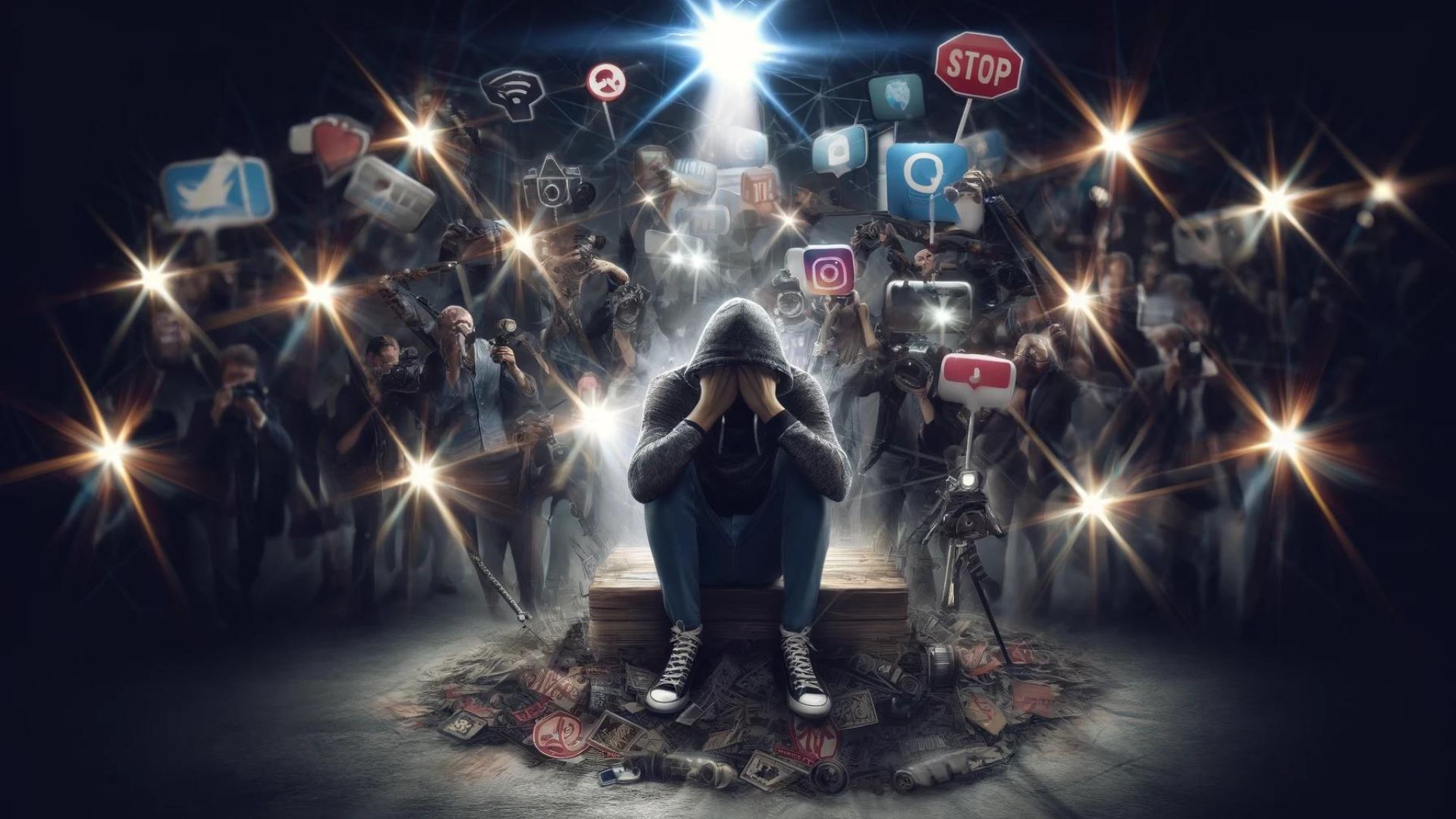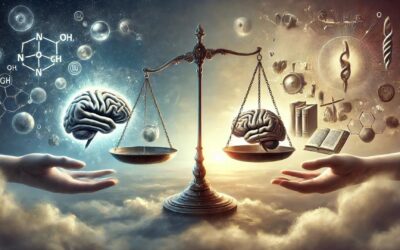In our modern world, celebrity culture is omnipresent. From social media to television, the lives of celebrities are constantly in the spotlight. But is this obsession with celebrity culture beneficial, or does it have harmful effects on society? In this article, we will explore the various dimensions of celebrity culture, examining its impact on mental health, social values, and more. Our goal is to provide a balanced perspective on whether celebrity culture is ultimately harmful.
The Allure of Celebrity Culture
The fascination with celebrities is not a new phenomenon. Throughout history, people have been captivated by the lives of those who achieve fame and success. Today, however, the reach and influence of celebrities have expanded exponentially due to the internet and social media. Celebrities are not just admired for their talents but also for their lifestyles, opinions, and personal choices.
The Positive Aspects of Celebrity Culture
Before diving into the potential harms, it’s important to acknowledge the positive aspects of celebrity culture:
- Inspiration and Aspiration: Celebrities often serve as role models, inspiring people to pursue their dreams and ambitions. Success stories of celebrities can motivate individuals to overcome obstacles and strive for greatness.
- Awareness and Advocacy: Many celebrities use their platforms to raise awareness about important social issues. From climate change to mental health, celebrities can amplify causes and bring attention to critical topics that might otherwise be overlooked.
- Economic Impact: The entertainment industry, driven by celebrity culture, generates significant economic activity. Movies, music, sports, and fashion all contribute to job creation and economic growth.
The Dark Side of Celebrity Culture
Despite these positive aspects, there are significant concerns about the impact of celebrity culture on society:
- Unrealistic Standards and Self-Esteem: Celebrities often portray a polished, idealized version of life that can set unrealistic standards for beauty, success, and happiness. This can lead to feelings of inadequacy and low self-esteem, particularly among young people who compare themselves to these unattainable ideals.
- Mental Health Issues: Both celebrities and their fans can suffer from mental health issues due to the pressures of celebrity culture. Celebrities often face intense scrutiny and invasion of privacy, leading to stress, anxiety, and depression. Fans, on the other hand, may develop unhealthy obsessions or feel pressure to emulate celebrity lifestyles.
- Shallow Values and Materialism: Celebrity culture can promote superficial values, emphasizing appearance, wealth, and status over more meaningful qualities such as integrity, empathy, and hard work. This shift in values can distort social priorities and lead to a materialistic outlook on life.
- Loss of Privacy and Authenticity: The constant public scrutiny can force celebrities to live inauthentic lives, always performing for the camera. This loss of privacy can be detrimental to their personal relationships and mental well-being.
Social Media and the Amplification of Celebrity Culture
Social media has played a significant role in amplifying the effects of celebrity culture. Platforms like Instagram, Twitter, and TikTok allow fans to have direct access to celebrities’ lives, creating a sense of intimacy and connection. However, this also means that the boundaries between public and private life are increasingly blurred.
- Influencer Culture: Social media has given rise to influencers, who are often considered mini-celebrities. This can perpetuate the same issues seen in traditional celebrity culture, such as unrealistic standards and materialism.
- Cyberbullying and Cancel Culture: The anonymity of social media can lead to cyberbullying and the phenomenon of cancel culture, where individuals are publicly shamed and ostracized for their actions or opinions. This can have severe emotional and psychological impacts on those targeted.
Striking a Balance: A Healthier Approach to Celebrity Culture
Given the complexities of celebrity culture, it’s important to strive for a balanced approach:
- Media Literacy: Educating people, especially young audiences, about media literacy can help them critically evaluate the content they consume. Understanding the difference between curated celebrity personas and real life can mitigate some of the negative impacts.
- Promoting Diverse Role Models: Highlighting a broader range of role models beyond celebrities can provide more balanced and realistic aspirations. This includes individuals who excel in science, education, activism, and other fields.
- Mindful Consumption: Encouraging mindful consumption of media, where individuals are aware of the impact of celebrity culture on their mental health and values, can foster a healthier relationship with media.
Celebrity culture is a multifaceted phenomenon with both positive and negative impacts on society. While it can inspire and raise awareness about important issues, it also has the potential to promote unrealistic standards, affect mental health, and prioritize superficial values. By fostering media literacy, promoting diverse role models, and encouraging mindful consumption, we can mitigate the harmful effects and enjoy a more balanced relationship with celebrity culture.












0 Comments